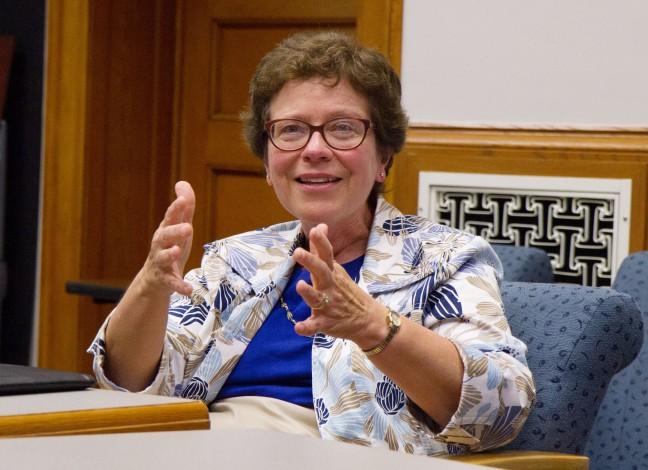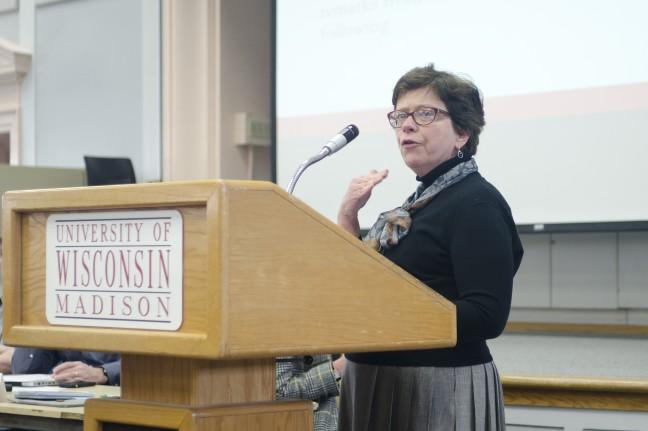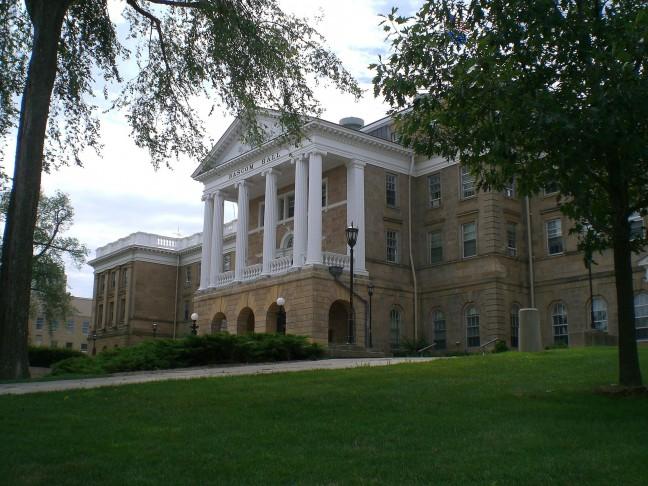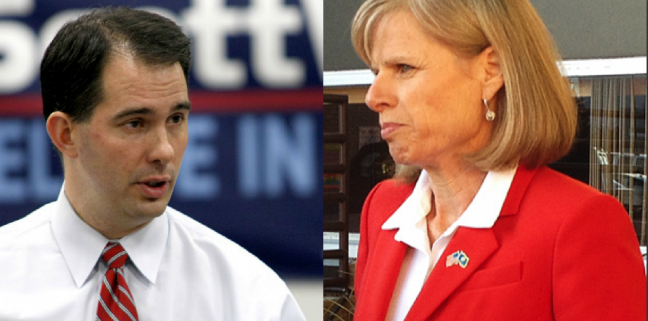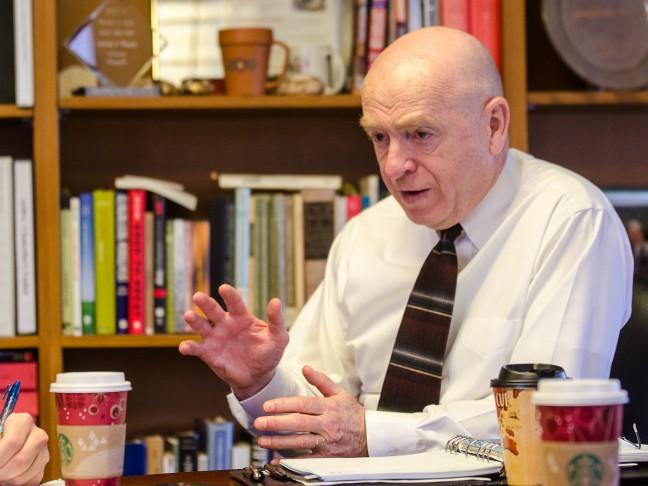Although Wisconsin currently requires the fewest number of math and science credits in the Midwest for high school students to graduate, recently proposed legislation would increase the number of necessary credits in those subjects.
The bill, which received a public hearing Thursday, would require students to take three credits of math and science, as opposed to the current state-required two credits of each.
“As we work to raise the bar this year, we are challenging students to think critically and solve complex problems. We believe that’s what it takes to ensure students are college, career and community ready,” Madison Metropolitan School District Superintendent Jennifer Cheatham said in an email to The Badger Herald. “Additional math and science classes align with that vision. Many of our students already take additional math and science in high school, and we’re supportive of making that a requirement.”
The bill would require more credits at the state level, but many districts in Wisconsin already have higher numbers of mandatory credits, Peter Goff, UW professor in the department of educational leadership and policy analysis, said.
Goff added the bill would affect districts very differently, especially when comparing larger districts with smaller districts.
“The impact will probably be the greatest in small, rural districts, where they might only have one science teacher, so they may have to literally double the number of teachers,” Goff said. “What a lot of small rural teachers are doing is using technology to give students opportunities that they wouldn’t have normally, which we haven’t exactly seen yet. It depends on how the legislation forms.”
While it is possible that too much flexibility in the classes counting for the credits could lead to “watering down of credit,” Goff added overall the bill is a step in the right direction.
According to Jennifer Kammerud, legislative liaison at the state Department of Public Instruction, more needs to be done to ensure students are ready for higher education and careers.
“Based on college remediation rates and what we hear from employers, too many of our students are not graduating high school with an expected mastery of math and science concepts,” Kammerud said.
Goff, who formerly taught chemistry, said it was important to educate students specifically in the math and science fields.
“The only place where people get math and science is in math and science classes,” Goff said. “In terms of policy, I think that this is the right place to focus for college readiness and attract jobs to Wisconsin.”
The issue of preparing students to be as ready as possible for higher levels of education, as well as future careers, is out of necessity, Kammerud said.
Only two percent of students in advanced math and science courses complete computer science classes, although over half of all STEM jobs being in computing, Kammerud said.
Kammerud added she hopes Wisconsin residents support the bill, particularly because DPI does.
“The department believes the bill will lead to greater math and science mastery and improve the college and career readiness of all Wisconsin’s high school graduates,” Kammerud said.








